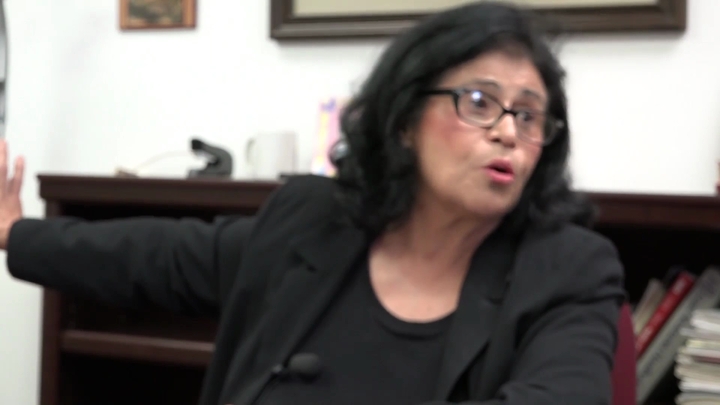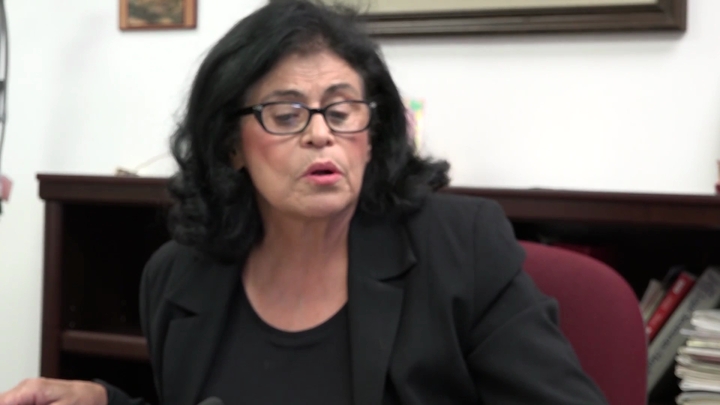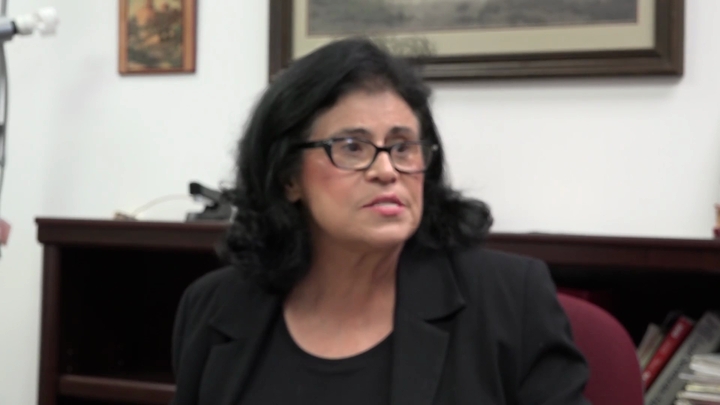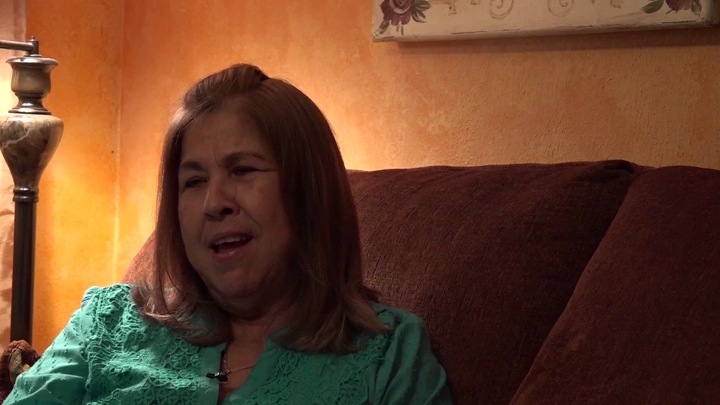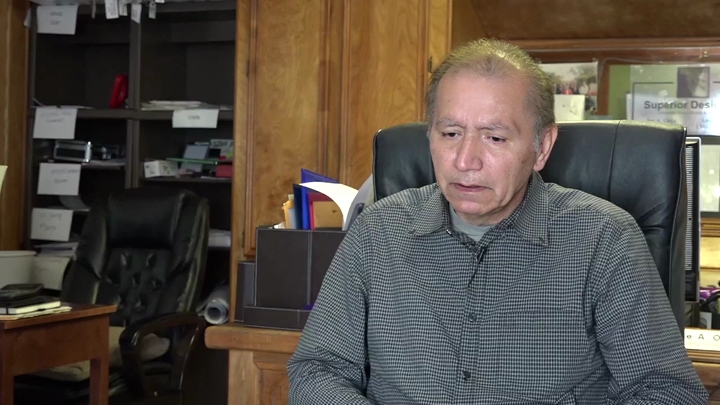Abalos / Richard Abalos Case, Part One
sign up or sign in to add/edit transcript
Abalos: The things that I always remember is because we met this woman and became friends with her, but she said that her father came to Richard because he paid off his mortgage and could not get his deed from the lender. So, he came to Richard, and Richard wrote a letter and did not charge him, sent it to the mortgage company, and immediately he got his deed. That man was forever grateful that somebody had listen to him and he was able to get his deed. Every time we saw him he would always remind Richard of what we had done for him. Those are the kind of people and the things that he did. Maybe I do not remember, and he does not remember, but people remember. The Larry Lozano case was very public. Zapata: It was important for the whole state not just Odessa. Can I ask you what the reaction of the local community was? Historians have written about it but based on newspapers so I’m wondering what the reaction of the actual local community was and what they did about it? Abalos: As far as Larry Lozano goes, well there were fund raisers to help pay for legal expenses for Larry Lozano. That was by the Hispanics. It was a very divided – Anglos believe that law-enforcement had done what they had to do, the Hispanics believe they had been to violent with him. It was not a unified event in anyway. I think they probably told y'all that he worked for an attorney that was a big civil rights person. He really believed and civil rights and believed in the things that Richard did. When Richard tried the Larry Lozano case he work for this attorney. There was shoot out and Pecos, did he tell you about the shoot out in Pecos between the Anglos and the Mexicanos near the hamburger stand? Zapata: If you want to touch up on that more we would be really happy to hear it. Abalos: I think that is really, there was a shootout. Two groups had been at each other. They actually had a shoot out at a hamburger drive-in in Pecos. The Hispanics got charged. I do not believe the Anglos did it first. I do not remember all the details but the Hispanics got charged. So in Pecos they had fund raisers for Richard to represent one of the guys that got involved in a shootout. Some people died. Some people died in the shootout. Richard represented one of the guys. So these had these fundraisers, and he tried the case and charged them very little. It went for like a week and he got a hung jury. So then he asked that it be moved to another county. And Pecos, I don’t know if you’re familiar with Pecos, Texas, but it has been for a long time a high percentage of Mexican American communities. Until recently, around 10 years 15 years maybe, Mexican Americans did not hold many of the political offices. It ended up being a hung jury, so they moved it to El Paso. And you’re familiar with El Paso. In El Paso, he got a not guilty. Again, I think it is because of the make up of the community and a high Mexican American jury panel. They were more willing to listen to what had happened. To who had shot first. You know the specifics of the case. Richard Chavez, I had forgotten his name, was found not guilty. And this guy never got in trouble again. You know we’re not talking about someone who was a career criminal. He never got in trouble again. He was found not guilty. He led a pretty productive life. The difference being the jury panel in El Paso was more Mexican American then the jury panel and Pecos. There were Hispanics on the jury and Pecos but there were more Anglos. It was kind of divided so that is why it ended up being a hung jury. Again, when Richard went to El Paso they held other fundraisers. He got paid very little, and he was there for a week. It really didn’t even pay for the expenses. But he did it because again he believed there was an injustice on how the people got charged. So he did that.


